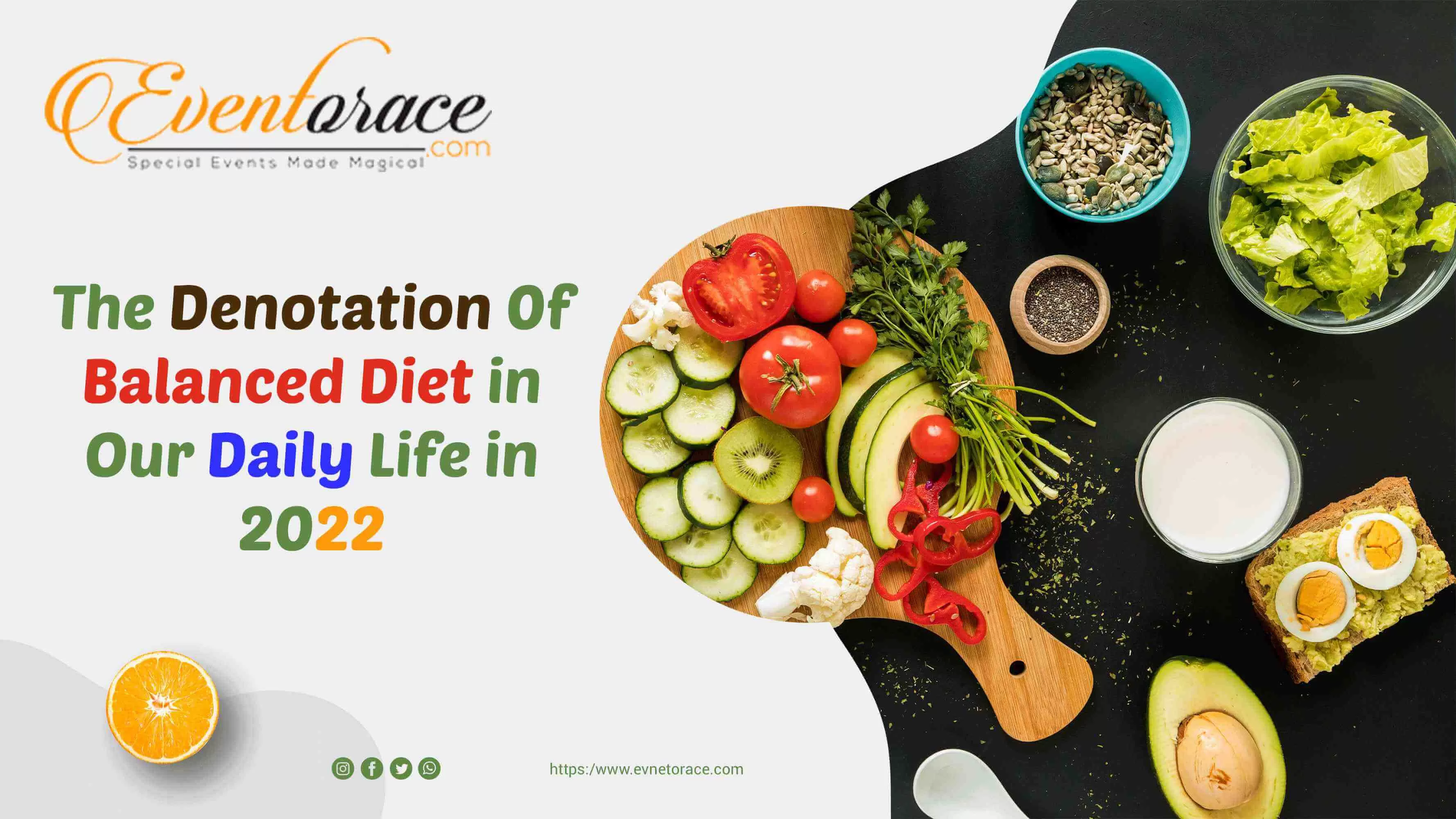Your Eating Habits Affect your health
Without food, which is fundamental to human life, survival is impossible. Food consists of many ingredients, including proteins, starches, fats, salts, and organisms.
All of these nutrients are essential for a healthy and balanced life. And an unbalanced diet means a deficiency or excess of one or more ingredients. All the synthetic components of food perform a specific function within the human body, for example, the function of proteins is to grow and develop the human body and that is why we need more proteins in childhood and adolescence. The function of starch, protein, and fat is also to provide energy for the daily activities of human life.
Foods that do not contain protein, starch, and fat do not provide us with any kind of energy, an example of which is water. Protein-rich foods include meat, fish, and pulses, starchy foods include vegetables and fruits, and fat-rich foods include fried foods such as pizza and burgers. Less than starch, protein, and fat, salts and organic matter is essential for human health.
Salts and organisms do not provide us with any energy, but their presence is necessary for various factors going on inside our body and in case of deficiency our body is not able to perform its function. Lack of protein in the human body stops the process of gaining weight and height and such children are more common in the famine-stricken and backward areas of Pakistan. A starchy diet is essential for a better digestive system, while fat provides us with twice as much energy as protein and starch.
There are different types of salts such as calcium, iron,
zinc, etc. ۔ There are different types of organisms such as vitamins A, B, C, D, etc., and they are found in water and fat in food. Vitamin A deficiency is
invisible at night, Vitamin D deficiency weakens the bones, and Vitamin K is
essential for blood clotting. According to modern research, vitamin D
deficiency is also considered a major cause of cancer.
Nature has kept everything in moderation. While lack of nutrients in our body causes various diseases, exceeding a certain limit is also harmful to our health. Excess fat is the cause of obesity, which is considered to be the root cause of diseases, the most common of which is heart disease. Too much minerals can lead to liver and kidney disease, while too much biological can lead to various complications. For example, too much vitamin A can cause headaches, vomiting, skin disorders, and loss of appetite. Excess can lead to cholera, weight loss, and kidney failure.
To live a nutritious life, it is important to eat a balanced diet. A balanced diet means that we avoid frequent consumption of the same food. It is important for good health to consume a variety of fruits, vegetables, meat, fish, pulses, milk, etc. on a regular basis.
Frequent consumption of the same type of food gives us only one type of nutrient and as a result, we become deficient in some important nutrients. Keeping in mind the aspects of a balanced diet, dieticians and medical professionals create a variety of diet charts that can help us lead a balanced life. The interesting thing is that there are different diet charts for people suffering from various diseases during pregnancy, pregnancy or, as a result of regular adherence to these diet charts, various diseases can be better controlled.
As a result of changes in the field of agriculture, there is an abundance of food for the survival of human life today. It is important to ensure that this food is distributed equally among all human beings. According to conservative estimates, more than 1.2 billion people worldwide suffer from malnutrition, more than 90% of whom live in Asia and Africa, and their populations are growing rapidly.
The article covers the global spread of malnutrition and related diseases, such as 0.034 billion people in developed countries and 0.8 billion people in developing countries. About 2 billion people in developing countries are deficient in basic nutrients, most notably iron, iodine, and a vitamin.
Iron is the most important of the nutrients that the human body needs in very small amounts (micronutrients) and which are deficient in the human body. More than 1.5 billion people worldwide suffer from iron and its anemia, with pregnant women topping the list. More than 160 million young children are malnourished and as a result their mental and physical well-being. Abilities are badly affected. About one billion people worldwide suffer from iodine deficiency and 0.22 million of them suffer from gonorrhea. About 13 million children worldwide suffer from vitamin A deficiency and 0.5 million of them suffer from complete or partial blindness each year.
The standard of food consumption varies from people living in cities and villages in Pakistan. The people of the village spend most of their time on vegetables, fruits, milk, and butter while the people of the city eat mostly prepared meats, pulses, fruits, and vegetables. People living in the area suffer from diseases caused by deficiency of various nutrients. The people of Pakistan are in dire need of basic nutrients.
These include Iron, Vitamin A, Vitamin D, Zinc, and Iodine. According to a 2009-10 survey in Pakistan, about 38% of children under the age of five are underweight and 12% of children suffer from severe weight loss. Bahauddin Zakaria University Multan's Department of Food Science and Nutrition has been conducting research on food for many years.
Research on the amount of vitamin D in women has shown that there is a significant deficiency of vitamin D in women, especially in women who wear veils, due to the lack of sunlight on these women. Iron deficiency was found in 70% of women in iron-related research. Research on pomegranate peels has shown that pomegranate peels have the ability to eliminate harmful germs. Black carrots also contain significant amounts of cancer-fighting substances. Modern research has shown that the unhealthy parts of fruits and vegetables and the chemicals in pomegranate peels can protect against many heart diseases, cancer, allergies, diabetes, and other infectious diseases. Recent research has shown that the use of these beneficial elements in food not only improves its quality but also helps in increasing its nutritional value.
(The author holds the position of Director at the Department of Food Science and Nutrition, Bahauddin Zakaria University. He is considered as one of the leading food specialists. You are also the author of several books on the subject.)










(0) Comments